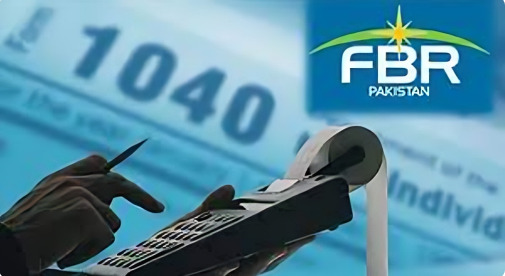The Federal Board of Revenue (FBR) recently turned down a suggestion from the Ministry of Industries to decrease the general sales tax (GST) on locally assembled cars from 25% to 18%.
This proposal was discussed during a meeting of the Economic Coordination Committee (ECC) with the aim to standardize tax criteria for locally manufactured and assembled vehicles.
FBR’s Decision
The Industries and Production Division proposed a uniform 18% sales tax for all local auto manufacturers and assemblers. However, the FBR expressed concerns about potential revenue loss and a reduction in the tax base. If put into effect, this proposal would result in certain vehicles, particularly SUVs, currently taxed at 25%, receiving a lower tax rate, creating further fiscal challenges.
Despite the Industries and Production’s proposition for a consistent 18% sales tax, the FBR highlighted worries about potential revenue loss and a decrease in the tax base from the move.
The FBR cited its commitment to the International Monetary Fund (IMF) standby arrangement, emphasizing the importance of adhering to fiscal measures. In March 2023, the sales tax on luxury goods, previously at 17%, was raised to 25% ad valorem, which also included locally manufactured double-cabin vehicles and SUVs/CUVs regardless of engine capacity.
Impact on Tax Base and Revenue
The decision to reject the proposed 18% GST highlights the government’s focus on maintaining fiscal stability during economic challenges. By avoiding reducing tax rates for certain vehicle categories, the government aims to protect revenue streams essential for economic stabilization efforts.
The FBR’s rejection of the proposed 18% GST on locally manufactured cars demonstrates its commitment to fiscal prudence and revenue generation. While the Minister of Industries sought consistency in tax application, the FBR prioritizes sustaining tax revenues crucial for addressing fiscal and economic priorities.






